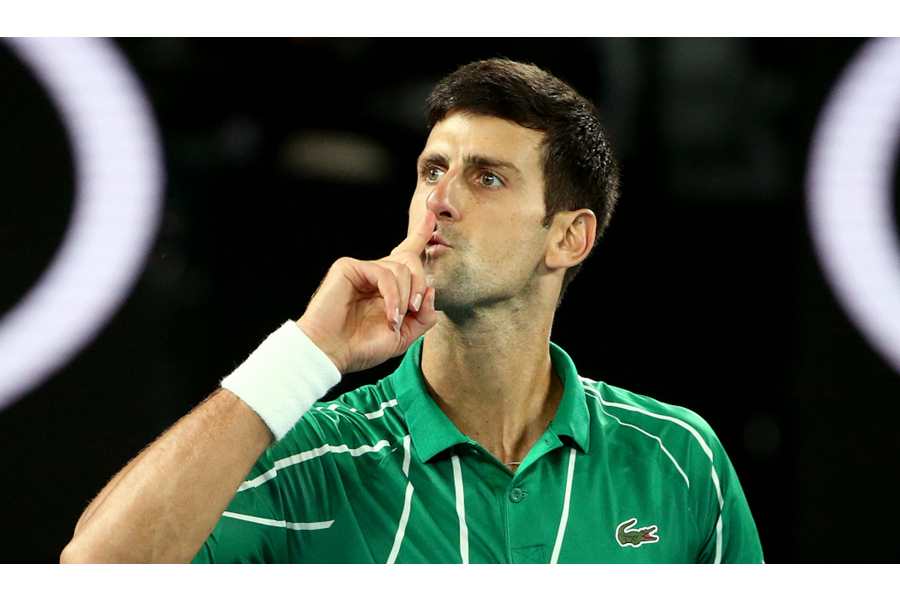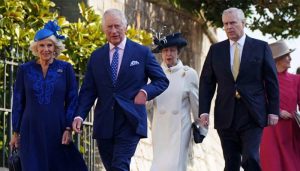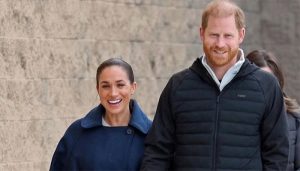
Novak Djokovic slammed the Davis Cup by claiming doping control disrupted his routine at the tournament, and the ITIA has faced calls to suspend the world No 1
Novak Djokovic did not refuse to take a random drug test at the Davis Cup, the International Tennis Integrity Agency (ITIA) has confirmed. Doubt arose around whether the world No 1 had undertaken doping control after claiming he had yet to complete a blood test when speaking to reporters after the quarter-final against Great Britain’s Cameron Norrie.
Djokovic, 36, later clarified that he had a test “coming up”. That came after reacting angrily to being asked to test soon before playing Norrie.
“I received a notification an hour and a half before the match. I have my routine, and I don’t need to be distracted. To think about drawing blood, to think about whether I will be able to give a sample of urine.”
He went on to describe it as “a completely illogical decision. However, not everyone is impressed with his stance, and former Olympic cyclist Marc Madiot led the calls to ban Djokovic.

“There are rules of testing before and after competition,” he told Les Grandes Gueules du Sport on RMC. “If the anti-doping body is doing its job, Mr Novak Djokovic must be suspended. He refused a test before the match and did it after.”
Now, the ITIA has clarified the situation. “The first thing to say is that Djokovic did not refuse the test,” the agency that runs the sport’s anti-doping and anti-corruption programmes told L’Equipe. “The rules state that when a player is notified, they must provide a sample as soon as they can.

“In team competitions such as the Davis Cup, players may be informed before a match, whereas in other competitions, testing usually takes place after the match. The procedure has not been changed, either for this event or for the player.
“In Davis Cup, teams are notified before the start of the match. This allows players to choose if they prefer to do it before their match, otherwise, it will be after, a member of the organisation told us.
“They have a choice. Some players prefer to do it before, it frees them up after the meeting, which is also not bad, they avoid staying on site too long after the end of a meeting.”
Djokovic had alluded to this in his original comments. “When I spoke to the representative of the doping agency, they told me that the reason was that it would be very late after the match and also to give the other national team time to rest, but then I told them that the winner of tonight’s duel will not play tomorrow.”
He went on to call for change in tennis. “It is interesting that the doping agency is a private company.
“There should be a discussion that we, as a world organization, within our ecosystem, so to speak, have our own agency,” Djokovic concluded: “They don’t understand sport, they don’t understand where they are.”





